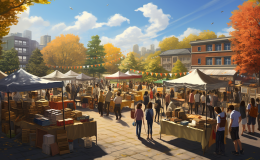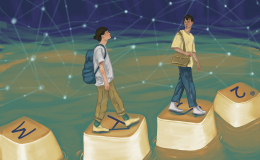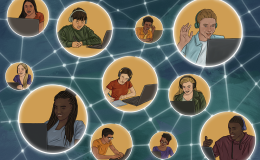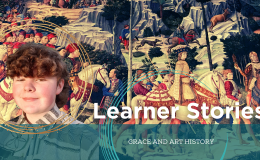NetNZ is not a Virtual School. We don’t directly employ teachers who deliver a NetNZ online curriculum. We enable a reciprocal, networked environment across schools.
The schools are the providers of the courses, even in the few times we fill the gaps and fund programmes ourselves. The teachers are located at that school and more often than not, are employed full time. They will have their local courses to teach, their local duties to perform and their local professional learning to engage in. One fifth of their allocated time goes to their NetNZ course and the NetNZ Community. This includes engagement in our own professional learning, which as our Covid lockdown demonstrated, does take time to develop real competence in. These are clearly recognised in our guidance to our provider schools (the majority).
Wouldn’t it be better and perhaps easier to have a team of staff whose time is entirely dedicated to the online space? Entirely dedicated to NetNZ? Well, no, not really. What we do is not just about provision of online courses. It is about strengthening the system. Our aim is not to replace schools with some virtual version. Others can give that a go if they want, but from our perspective, despite our changing world and the increasing flexibility the internet provides, face to face is still vital. Schools are still, and will continue to be, vital. They are a central part of their community, especially in rural Aotearoa. Gathering our tamariki together in a physical community education hub is vital. NetNZ strengthens kura by bringing them closer together. We use the internet to reduce barriers and boundaries and create connection. Our teachers get to step outside of their local community and engage with kaiako across the network. We do the same for ākonga. They step outside of the local into a connected, networked environment where they mix with learners from different schools, backgrounds and cultures. And they do this while remaining part of the local community. That is a key aspect of what do.
Our online programmes are taught by teachers who are still part of the system. They are physically located in our schools. That in itself ensures a level of quality. We would rather they remain there, benefitting from the local context and the local community. Their participation in our network creates a benefit back to the school that many don’t fully realise. Our aim to strengthen schools and communities means we also need to challenge them. It is important kura adapt to a rapidly changing world. The rise of flexible work for instance, needs to be considered within a school context. The development of flexible learning spaces needs to be considered alongside flexible education. Teaching a course online allows a kaiako and a school to consider how the benefits of online learning can be more fully integrated into the normal face to face context. These considerations are vital and as covid demonstrated, we don’t fully realise the possibilities until we are in a totally online environment.
The online, networked curriculum across schools is fantastic of course. It strengthens each school who participates However, there is more to it than a set of online courses. There is an active, vibrant community that all participating schools, teachers and learners benefit from.
